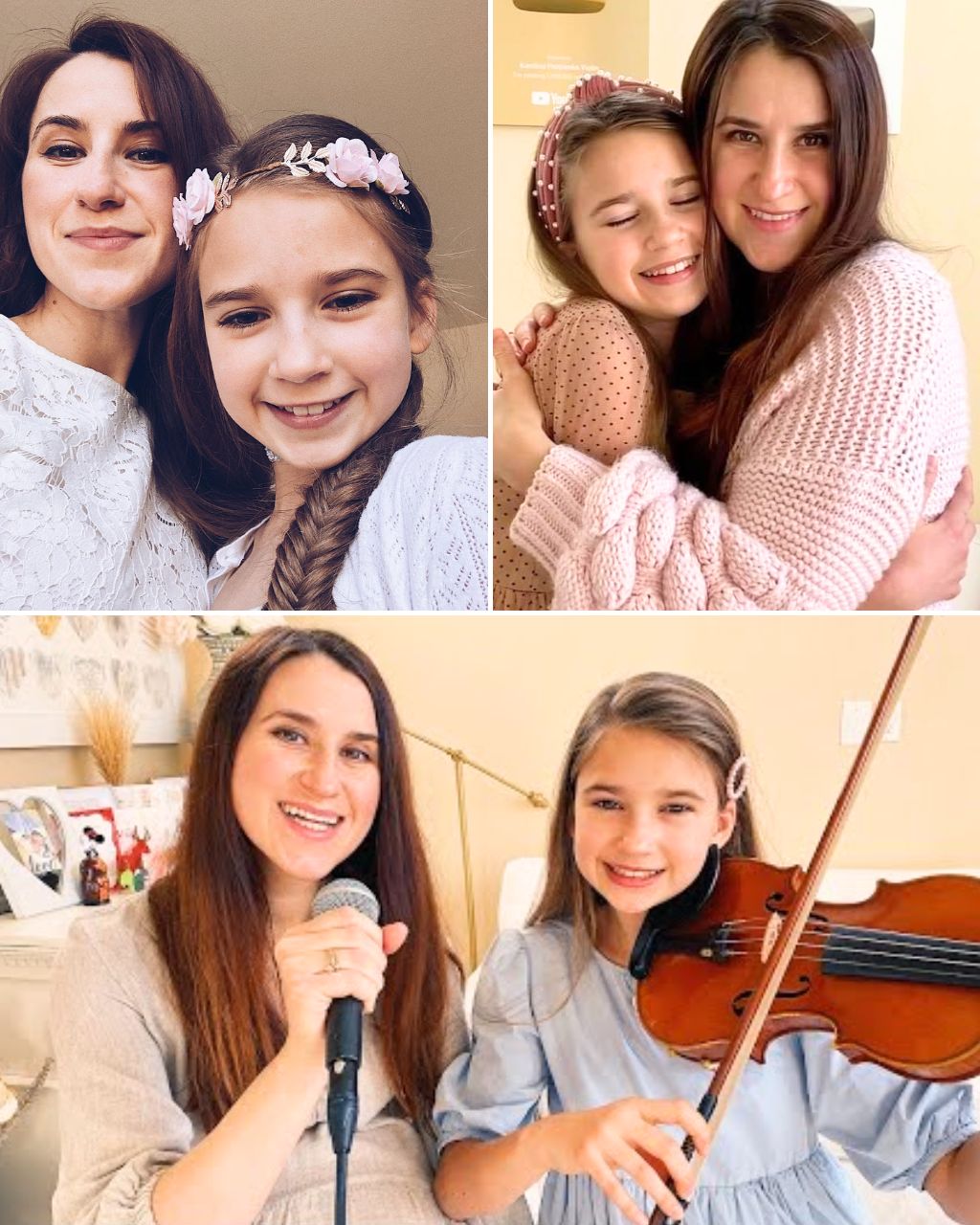On a quiet afternoon in a bustling city park, the rustling leaves whispered as the wind carried a hint of something special. A teenage girl stepped onto a small, makeshift stage—just a few feet of open pavement framed by trees and curious onlookers. Violin in hand, Karolina Protsenko took a breath, closed her eyes, and let the world around her fade. This was her sanctuary.
The first notes of “Knockin’ on Heaven’s Door” drifted through the air—familiar, yet entirely transformed. This wasn’t just a cover. It was a conversation between soul and sound. With every stroke of her bow, Karolina painted a portrait of emotion: longing wrapped in beauty, sorrow laced with hope, and the quiet ache of goodbye. Her music spoke not to the ears, but to the heart.

What began as a simple street performance turned into something extraordinary. A passerby captured the moment on video and shared it online. By the next day, millions were watching. The comments flooded in—strangers from around the world moved to tears, inspired to return to forgotten dreams, or simply stunned by the depth of expression in such a young performer.
But behind the viral sensation was a humble artist who had spent countless hours in quiet corners, practicing until the music became a part of her. Karolina later shared that “Knockin’ on Heaven’s Door” held deep personal meaning for her—a reflection on life’s fragility and the quiet strength found in vulnerability.
Her rendition wasn’t about perfection. It was about connection. In that moment, Karolina didn’t just play a song—she gave people something to feel, something to hold onto. Her violin became a voice for those without words, a bridge across continents and cultures.
Karolina Protsenko’s performance became more than a viral video. It became a testament to the power of music to heal, to inspire, and to remind us all that even in the noise of everyday life, a single heartfelt note can still stop the world in its tracks.


